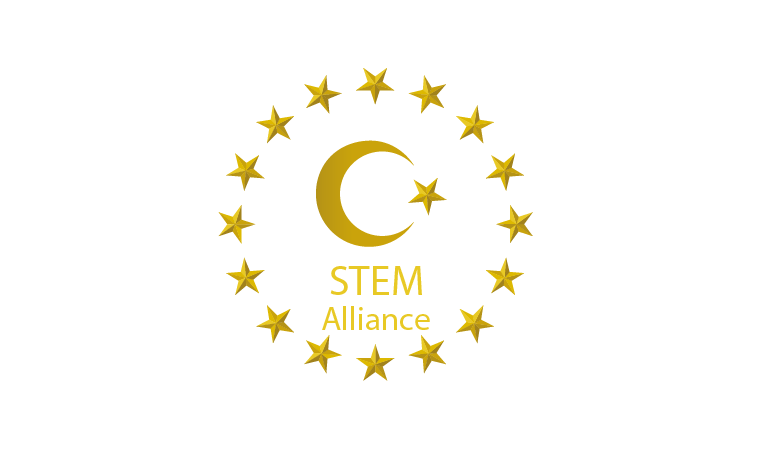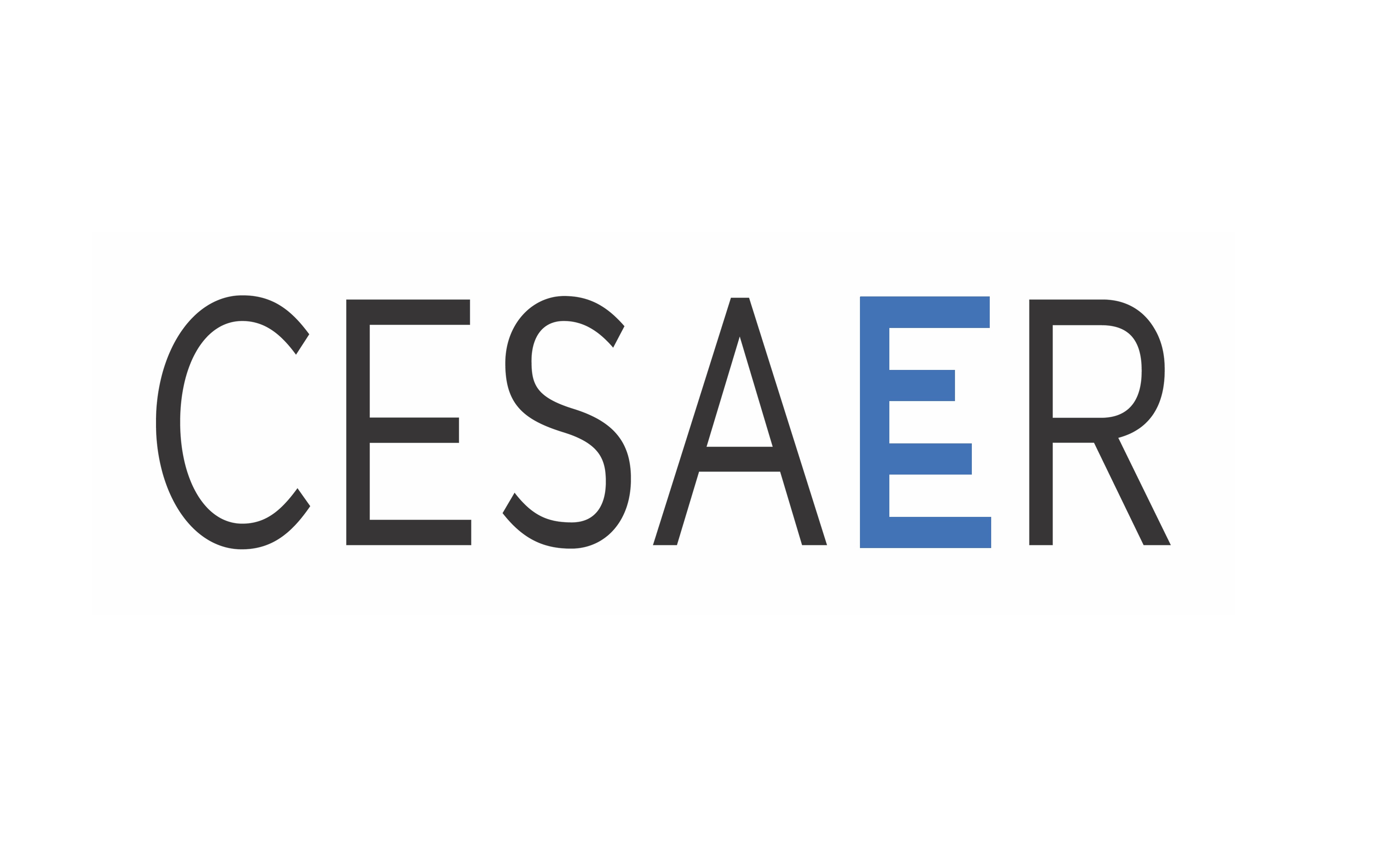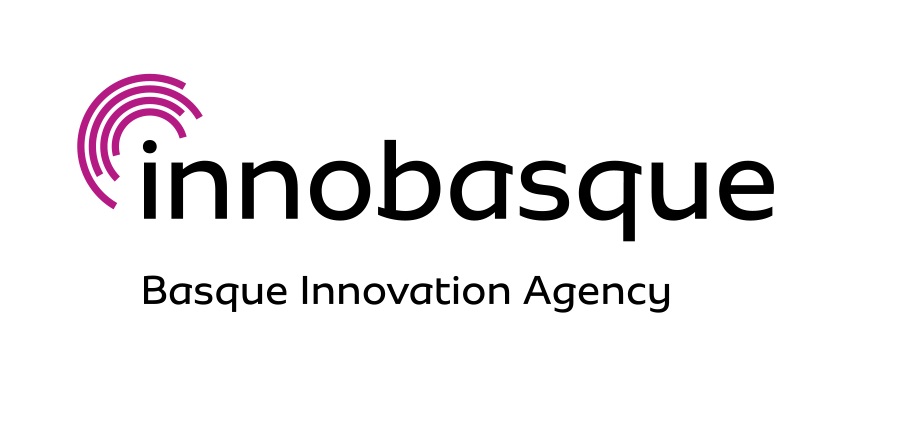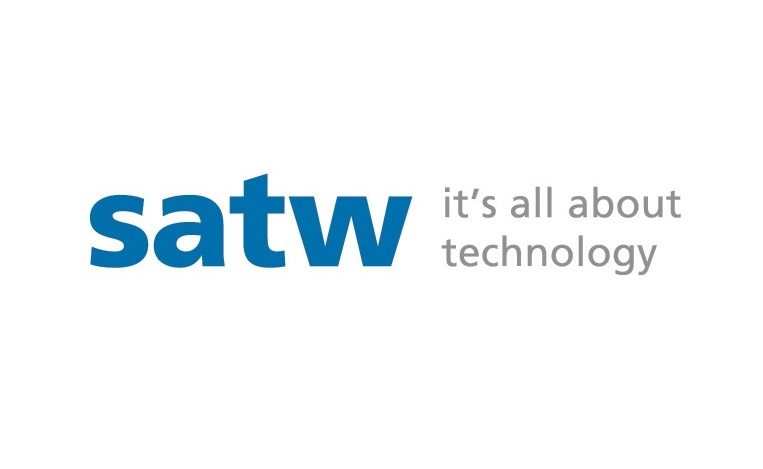Nationales MINT Forum e. V.
The National MINT Forum describes itself as the "voice of MINT education" in Germany. We are an association of more than 30 large, nationally active organisations and institutes that are all involved in the field of STEM education along the entire education chain. Our members come from the following areas: Educational and corporate foundations, trade associations, university associations, non-university research institutions. Together with our members, we develop impulses and positions to strengthen STEM education for political communication. We organise parliamentary evenings, background discussions and do press and public relations work.
We basically want to build a stronger international network. The provision of education in general and STEM education in particular is still not innovative enough in Germany. We hope to gain impulses for our work in Germany through the EU STEM Coalition. In addition, many of our members, especially the foundations, are already active in the field of international cooperation - even beyond Europe. We may be able to incorporate these perspectives into the work of the EU STEM Coalition through our members.
Germany has been experiencing a massive shortage of skilled workers for years, especially in the STEM disciplines. Since 2019, the Federal Ministry of Education has launched several "MINT Action Plans" in an attempt to strengthen STEM education nationwide. Some of the state ministries are also trying to provide impetus through their own programmes. However, the massive shortage of teachers in the STEM field in particular is leading to a loss of competence among pupils. In Germany, there is a large and very active extracurricular learning scene that tries to cooperate with schools. Unfortunately, the structures and access are often difficult.














